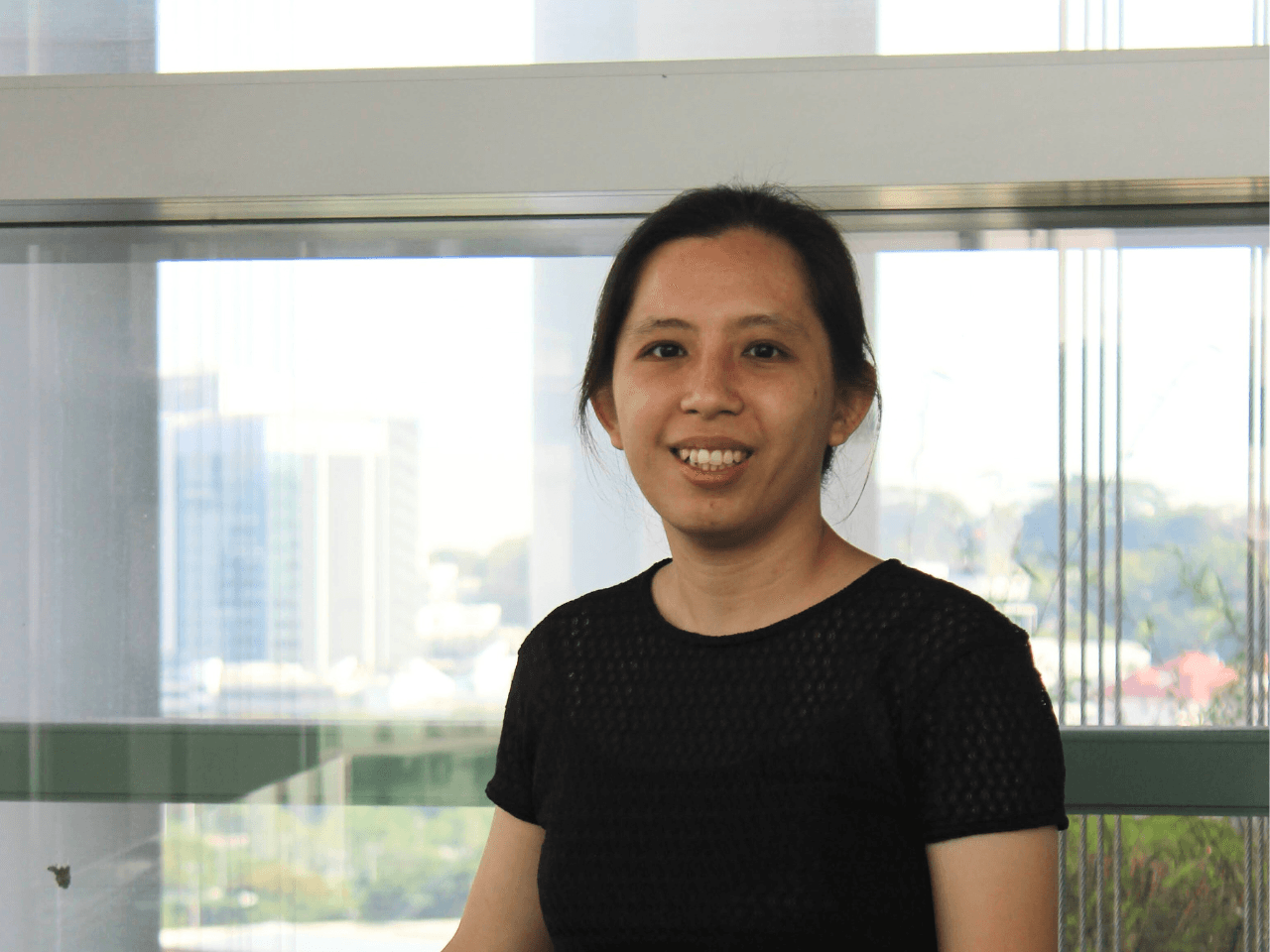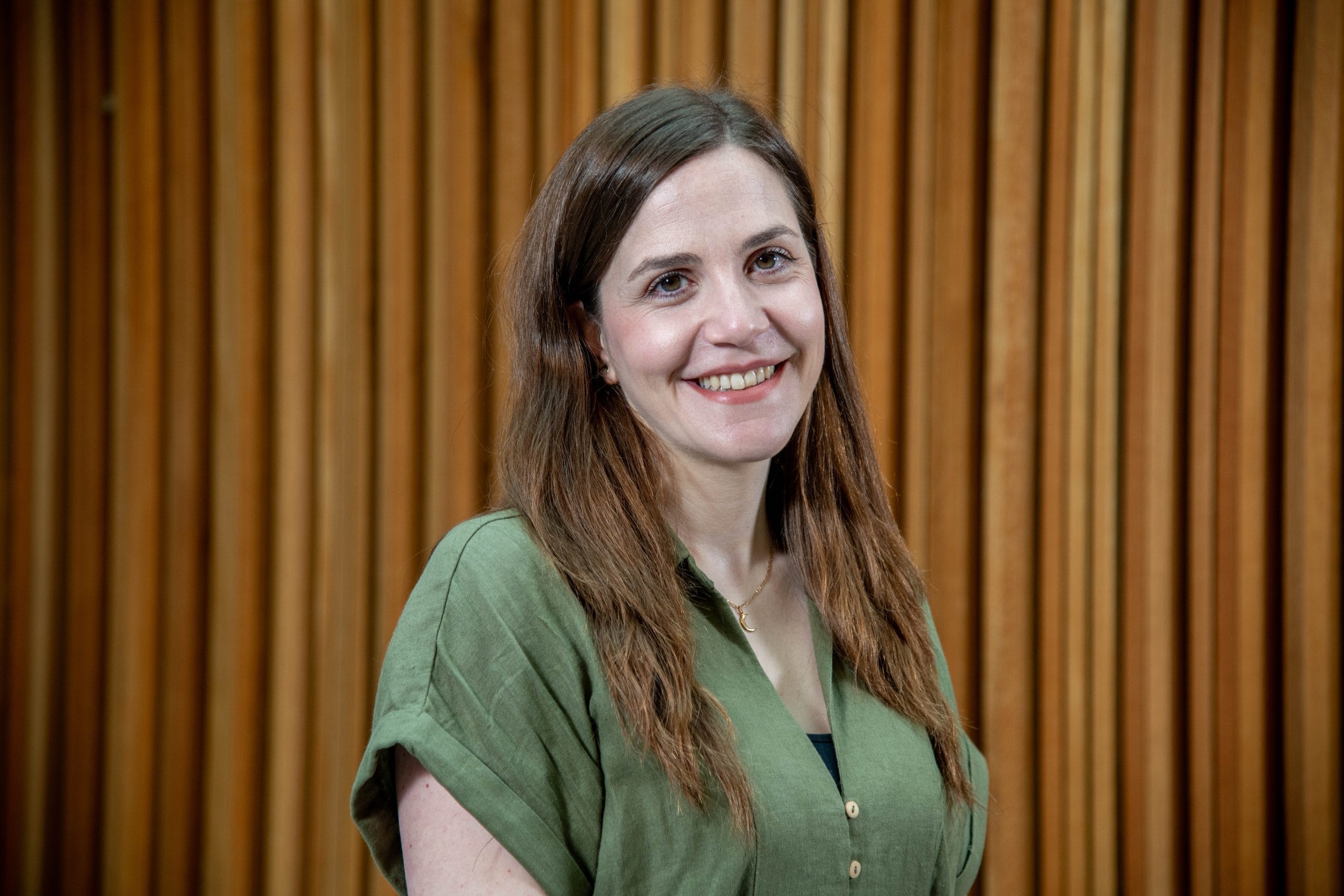At The White Rose University Consortium, we are proud to spotlight the remarkable individuals who participated in the 2024 Equity in Leadership Programme. This pioneering cross-institutional initiative is dedicated to fostering diversity and equity in higher education leadership, creating pathways for transformative career progression.
Today, we shine a light on one of these inspiring leaders, showcasing their journey, aspirations, and the impact they’re making within and beyond their institution.
Dr Shareefa Fadhel, Research Culture Strategy Project Manager, University of Leeds
Early Life and Upbringing
I spent my childhood in the UK until the age of 12, before returning to Bahrain with my family. My upbringing was shaped by a rich mix of experiences, as my parents instilled strong values in me through frequent travel and exposure to diverse cultures. Coming from a close-knit, sheltered family, I was always under the watchful eyes of my loved ones, but I was often seen as a leader within our family, guiding my cousins in new and challenging situations.

Shareefa with her dad and younger sibling in Penzance, Cornwall where she first lived in the 1980s
Curiosity defined my childhood – I was always experimenting and eager to learn more. In our household, family meant everyone was under one roof, and we all took care of each other. It was an environment where we shared everything, from good moments to the bad. I even insisted on being with my cousins when they had chicken pox, pretending to be sick just to stay close to them—eventually becoming their nurse instead!
Key values that were instilled in me early on included faith, honesty, and the importance of doing your best in everything you pursue. My family and community emphasised the importance of working together, guided by our shared faith and commitment to helping one another.
Cultural background and early Influences
My paternal grandmother played a pivotal role in shaping my aspirations. She was a huge inspiration for me, especially through her dedication to supporting other women—something I strive to continue today. Education was also a strong value in my household, and everyone had a say in shaping my life. Above all, there was a deep sense of responsibility to give back to the community.
Early career journey
My career journey began with a BSc in Computer Science with a minor in Telecoms Engineering. While pursuing my degree, I gained practical experience working as a lab assistant, web developer, and programmer at university. Following that, I worked as a Training Coordinator at Bell Labs and later as a Business Support Officer in the telecom industry.
I went on to pursue an MBA in Marketing and Management Strategies in IT, followed by a Mini-MBA in Entrepreneurship, which further expanded my skillset. Throughout my career, I held various roles, including Business Product Analyst, Account Manager, and eventually became the Managing Director at Roudha Centre for Entrepreneurship and Innovation.
My passion for education led me to become a visiting lecturer at Carnegie Mellon Qatar, where I was able to merge my professional experience with teaching. Along the way, I participated in several leadership programmes such as ExxonMobil’s Global Women in Management and the Vital Voices Leaders programme.
Motivation for Higher Education
My journey into higher education was driven by a desire to give back and engage with young minds. Higher education offered me a platform to stay informed, foster meaningful dialogue, and influence change through policy. One of my key motivations was the inspiration I drew from my grandmother, who was dedicated to uplifting other women. Her determination, combined with my own curiosity to explore beyond what I knew, spurred me to pursue a career where I could contribute not only to academia but also to social change.
At the heart of it all was a deep-seated desire to make a lasting impact on women’s lives.
My career in higher education began at the University of Leeds, where I served as a Teaching Assistant in the School of Sociology and Social Policy. I then transitioned into more research-focused roles, taking on the position of Research Project Manager for the Co-POWeR project. Building on that, I became a Research Culture Strategy Project Manager, where I worked to enhance the research environment and foster a more inclusive, collaborative culture within the academic community. This role highlighted the significance of creating supportive structures for researchers, particularly those from underrepresented backgrounds.
I have also facilitated discussions on diversity and inclusion as a Roundtable Facilitator with Advance HE as well as my collaboration with Tribal Middle East involved providing Research Support.
Challenges

Shareefa and her family at her PhD graduation
Navigating the workplace wasn’t without its obstacles. I’ve faced situations where my previous experience was overlooked, and there was often a lack of clear leadership. The competitive environment among colleagues was a challenge, and I encountered unfair treatment from managers on several occasions. Balancing work with personal commitments, particularly as a mother of four, made career progression even more difficult. Additionally, doing a PhD later in life brought its own set of challenges, especially as an expat with no direct family around.
Building confidence in a non-diverse environment and fostering self-assurance has been a continual challenge of ongoing resilience. Being a global majority has at times led to instances of bias, particularly during Ramadan, where insensitivity to religious practices was evident. Social outings were often centred around places that didn’t align with my values, and I often questioned whether I belonged.
Leadership programme experience
I learned about the Equity in Leadership Programme through an internal communication at my university and decided to apply. I was drawn to the opportunity to connect with a network of global majority leaders who face similar challenges. Through the programme, I gained valuable insights such as the importance of collective strength and how similar experiences are, regardless of the institution.
One of the most impactful aspects of the programme was the networking opportunities.
Engaging with peers and mentors provided me with the support I needed to recognise my own strengths and potential.
Sponsorship has proven to be beneficial, and the coaching sessions allowed me to reflect on my own needs and aspirations.
Overcoming challenges and achieving promotion
The leadership programme has had a direct impact on my approach to my career. I’ve learned to understand my environment better and realise that many of the obstacles I face are not a reflection of me, but of the system. I’ve become more confident in knowing when to say “no” and set boundaries.
As for my promotion journey, I’ve taken steps such as initiating conversations with my line manager and applying for new roles. The support from my sponsor has been crucial in helping me navigate the promotion process, and the coaching has helped me clarify what I want to achieve.
Future aspirations
In the short term, I am focused on achieving a promotion and continuing to grow my career. I am currently reflecting on my mid-term career goals and exploring how I can make a more significant impact. Long term, I aim to contribute to diversity and inclusion in higher education through participating in EDI panels, peer-reviewing grant proposals, and mentoring other global majority individuals.
Advice for aspiring leaders
For other global majorities aspiring to leadership roles, my advice is this: you are an important pillar in society, and your contribution matters. Your leadership style may be different, but it is no less effective. Be confident in your knowledge and skills and know that you have the ability to lead.
Key takeaways from my own experience are that we are stronger than the limitations others place on us, and that our differences are what make our contributions even more valuable.
If you are currently facing similar challenges, remember that your voice and feelings matter. Surround yourself with strong, positive individuals who can lift you up, and always remember—you are enough.
About the author
Related news

Spotlight on the Yorkshire Technician Exchange Partnership

Spotlight on Crucible: Dr Vee San Cheong

Spotlight on Prosper: Dr Chelsea Edmonds

Tackling accent bias: Interview with Dr Gisela Tomé Lourido



